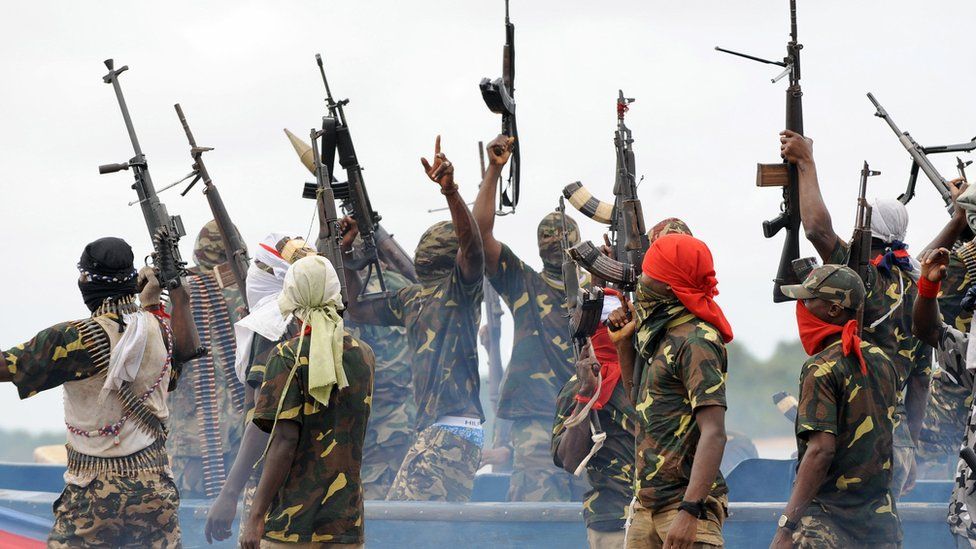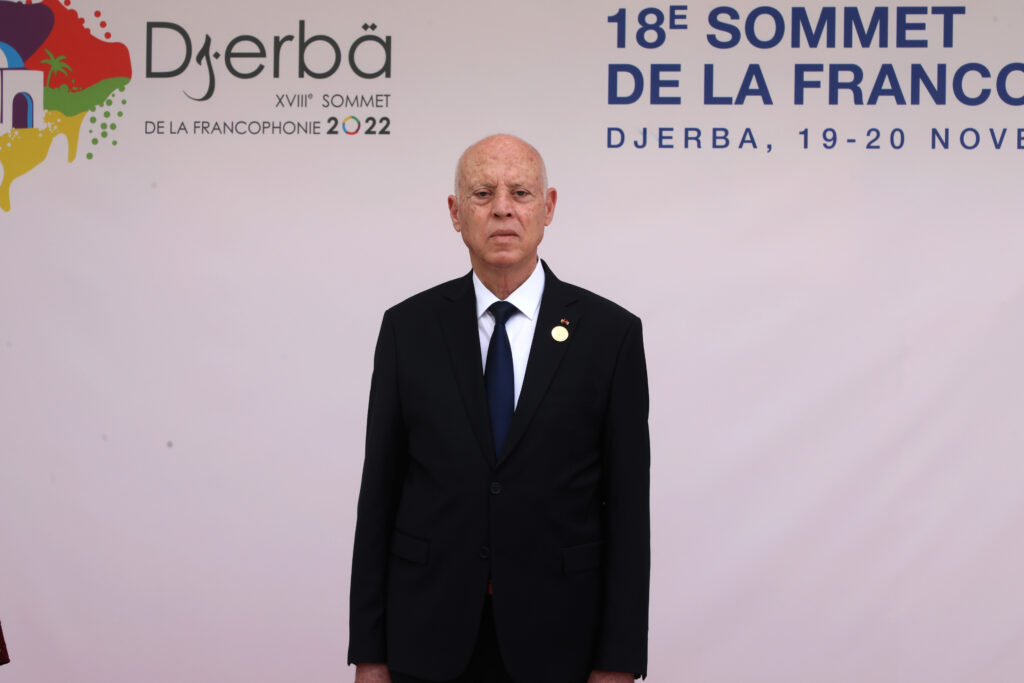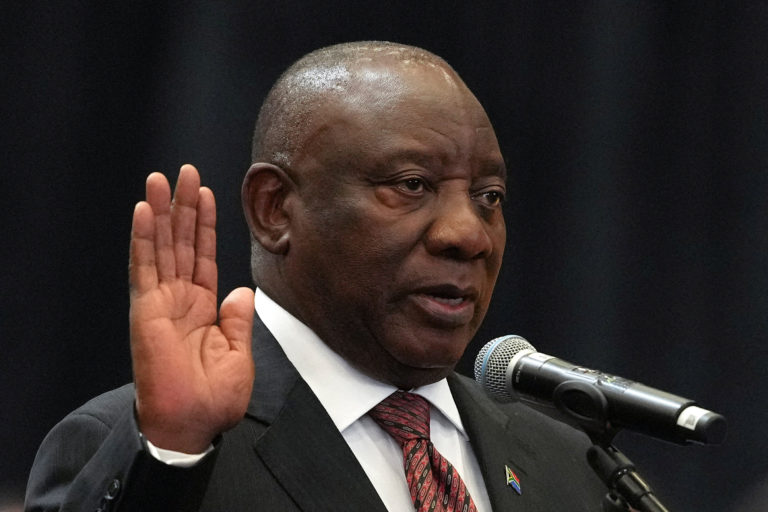Death toll in Nigeria from Lassa fever rises to 163
The death toll in Nigeria from Lassa fever, a deadly hemorrhagic disease, rose to 163 on Thursday. According to a statement from the Nigeria Centre for Disease Control and Prevention, the Lassa fever outbreak continues to spread across 34 states and the Federal Capital Territory. The Nigerian government previously announced that three medications have been identified for treating the disease. During the dry season, which typically runs from November to May, Lassa fever cases tend to increase. In 2023, a total of 1,227 cases of Lassa fever were detected and 219 people lost their lives. Lassa fever, which is also found in several other African countries like Mali, Togo, Ghana, Liberia and Sierra Leone, was first detected in Nigeria in northeastern Borno state in 1969. On Jan. 23, 2019, the Nigerian government declared a state of emergency due to a Lassa fever outbreak. The disease is transmitted through contact with rat feces, can spread from person to person, and can cause fatal hemorrhagic fever. Authorities are warning the public to avoid contact with rats and other rodents.
Death toll in Nigeria from Lassa fever rises to 163 Read More »










